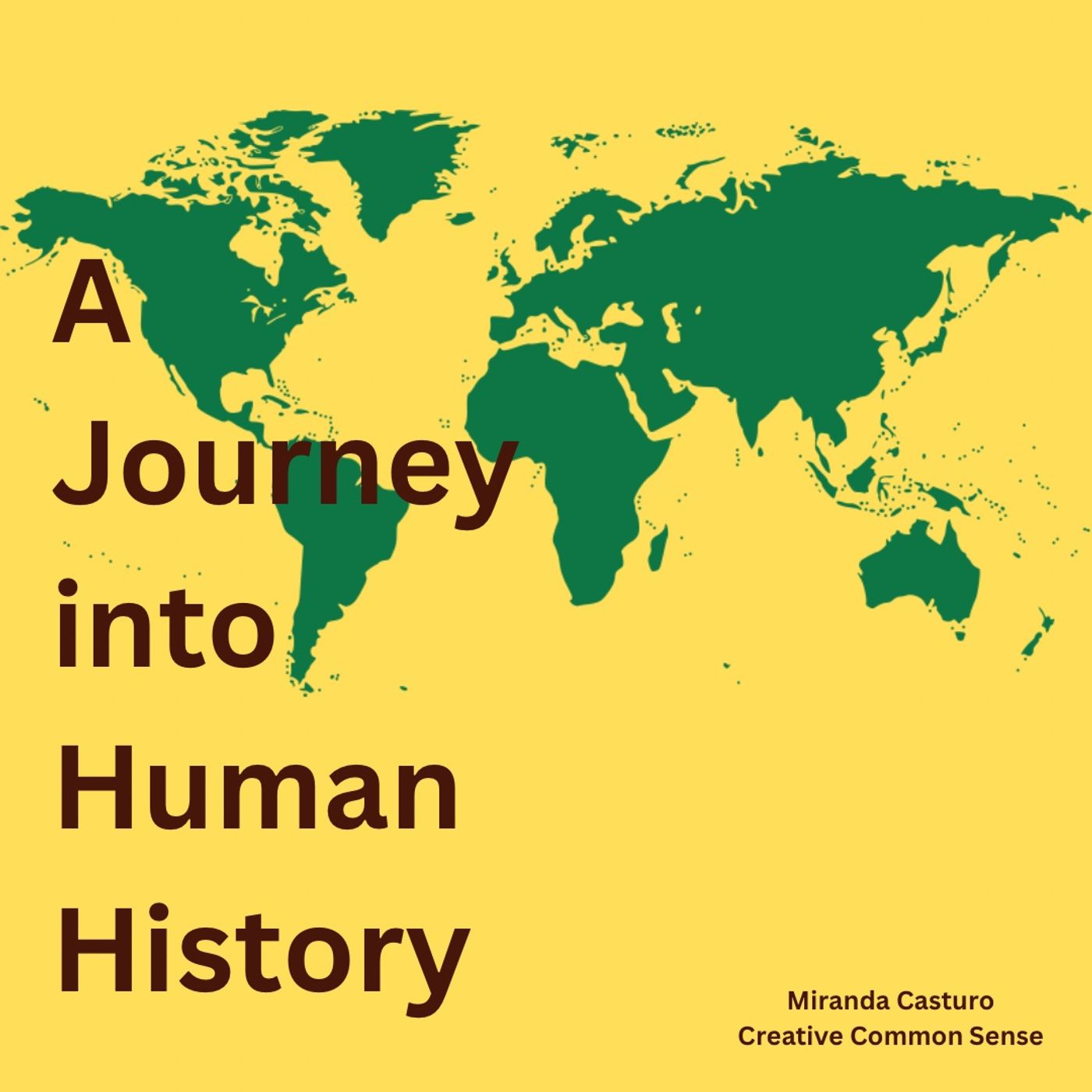The Ottomans and the Mongols
Description
Following the sack of Constantinople by crusaders and the Mongols’ defeat of the Seljuk Turks, the Ottomans emerged as a power in northwestern Anatolia. Under Osman’s successors, they crossed the Dardanelles into Europe, defeating the Serbs at the Battle of Kosovo. When the Mongol conqueror Timur invaded the region, he defeated Bayezid, and the subsequent conflict among Bayezid’s sons splintered the Ottoman state. Timur’s empire came to include Persia, central Asia, and northern India, but Timur died before he could fulfill his plan to invade China.
Bayezid’s son Mehmed I and his grandson Murad II rebuilt Ottoman possessions in Anatolia and Europe. In 1453, among other victories, Mehmed II conquered Constantinople. He rebuilt the city, thereafter known as Istanbul, and invited scholars and artists from Asia and Europe. He was tolerant of his non-Muslim and European subjects and allowed them to remain in Istanbul, though historians see the flight of many scholars to western Europe with the preserved knowledge of ancient Greece and Rome as one factor that helped to spark the Italian Renaissance and the transition to the early modern era. Meanwhile, western European traders began to seek all-water, oceanic routes to South and East Asia.
All images referenced in this podcast can be found at https://openstax.org/books/world-history-volume-1/pages/17-1-the-ottomans-and-the-mongols
Welcome to A Journey into Human History.
This podcast will attempt to tell the whole human story.
The content contained in this podcast was produced by OpenStax and is licensed under a Creative Commons Attribution License.
Access for free at https://openstax.org/books/world-history-volume-1/pages/1-introduction
Podcast produced by Miranda Casturo as a Creative Common Sense production.
More Episodes
Over the course of the eighteenth century, a series of famines and economic crises deepened wealth inequality and narrowed access to political power on both sides of the Atlantic. As the growing influence of the public sphere and Enlightenment ideas of equality and liberty shaped opposition to...
Published 12/25/23
Published 12/25/23
Over the course of the seventeenth and eighteenth centuries, the public sphere became an increasingly important component in the spread and development of Enlightenment ideas. As networks of informal socialization and intellectual exchange, coffeehouses provided a setting in which people from all...
Published 12/22/23


